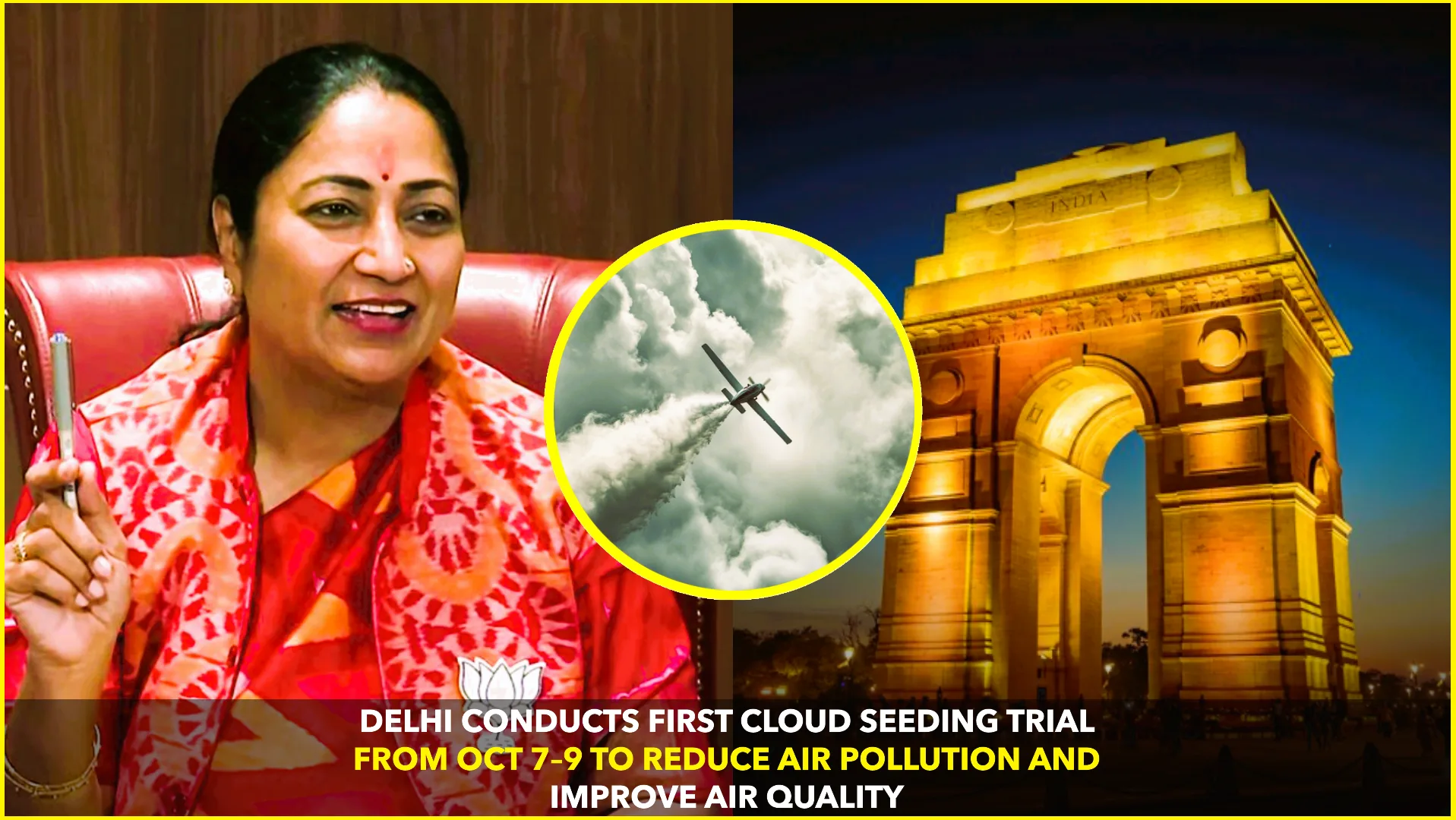In a move being hailed by consumer advocacy groups in the United States, PepsiCo has begun reformulating its snack and beverage products to remove several controversial food additives—like Red 40, Yellow 5, and monosodium glutamate (MSG)—due to growing health concerns. However, these same products sold in India still contain these potentially harmful ingredients, sparking outrage across Indian social media and public health circles.
According to FoodPharmer, a popular Indian food awareness page on Instagram, many Indian variants of PepsiCo’s snacks and beverages continue to include artificial dyes and flavor enhancers that are either banned or strictly regulated in over 30 countries. These include dyes such as Red 40 and Yellow 5, which are linked to hyperactivity in children and other health issues, and MSG, a flavor enhancer associated with neurological effects in sensitive individuals.
The disparity in product safety standards has prompted critics to question whether India is being treated as a “dumping ground” for lower-quality food. While PepsiCo claims its products comply with local food safety regulations set by the Food Safety and Standards Authority of India (FSSAI), public pressure is mounting for the agency to align its safety standards with international norms.
Global vs. Local Standards
Countries like the UK, Norway, and Austria have either banned or heavily regulated the use of artificial dyes such as Red 40 and Yellow 5, replacing them with natural alternatives. Meanwhile, American fast-food giants and snack companies have voluntarily removed such ingredients from their offerings in North America due to legal pressure, consumer demand, and transparency campaigns.
In India, however, many products still list these additives openly on packaging. Activists argue that multinational corporations are exploiting weaker regulatory frameworks and a lack of consumer awareness in developing countries to cut costs.
FSSAI Under Pressure
The hashtag #FoodPharmer and the plea “FSSAI & FOODPHARMER! PLS NOTICE THIS!” have been trending on Instagram and X (formerly Twitter), as thousands of concerned citizens, parents, and influencers call for regulatory intervention.
FSSAI has yet to respond to the growing public outcry, but experts insist that continued silence is unacceptable. “This is not just a regulatory oversight—it’s a public health issue,” says Dr. Aarti Kulkarni, a food safety expert based in Mumbai. “Children across India are consuming snacks daily that contain dyes and chemicals known to cause hyperactivity, allergic reactions, and even cancer in extreme cases.”
The Call to Action
FoodPharmer’s viral campaign is calling on Indian consumers to demand transparency, boycott chemical-laden snacks, and urge the FSSAI to take immediate action.
“Why are Indian lives considered less valuable?” one viral post asked, tagging both FSSAI and PepsiCo India. “If it’s not good for American children, it’s not good for ours either.”
The pressure is building. Whether India’s food safety regulators will rise to the occasion remains to be seen—but the public has made one thing clear: they are no longer willing to accept second-rate food standards.










